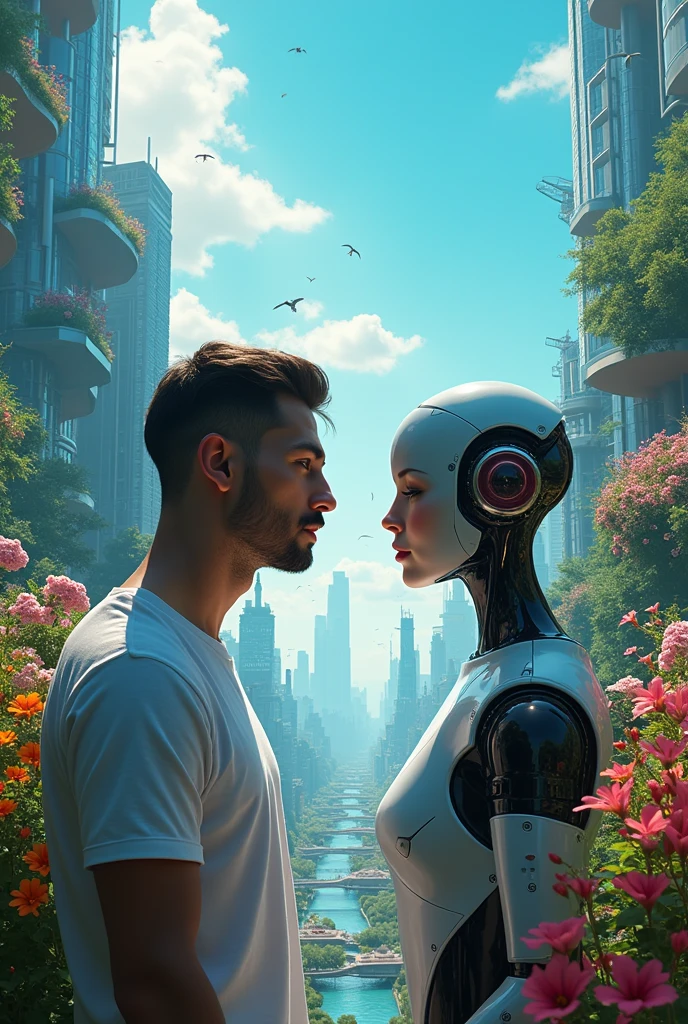How Artificial Intelligence Influences Love
In today's digital age, artificial intelligence (AI) is reshaping every aspect of our lives, including how we experience love and relationships. As technology advances, it becomes increasingly clear that AI is not only changing the way we communicate but also how we fall in love and maintain our connections. This phenomenon raises intriguing questions about the nature of love and human connection in a world where technology plays a central role.
One of the most visible ways AI impacts love is through dating apps. Platforms like Tinder, Bumble, and OkCupid use AI algorithms to match individuals based on their preferences, interests, and behaviors. These systems can analyze vast amounts of data to identify patterns and make more accurate recommendations. This enables users to find matches they might have overlooked otherwise. However, this method of pairing also raises concerns about superficiality, as decisions can be based on photographs and brief descriptions rather than deeper interactions.

Moreover, AI is enhancing communication within romantic relationships. Tools like chatbots and virtual assistants can help couples manage their schedules, reminding them of important dates and suggesting activities. Some services even offer relationship counseling through AI, providing personalized advice based on an analysis of couple dynamics. While this can be beneficial, it also raises questions about the effectiveness of advice given by an algorithm compared to the emotional support of a human being.
AI is also enabling new forms of expressing love through creativity. Applications that generate music, poetry, and even art can be used to create personalized romantic gestures. An algorithm can analyze a person's tastes and create a song or poem that speaks directly to their partner. This kind of personalization can be touching, but it also prompts the question of whether a gesture created by a machine can hold the same emotional significance as one made by hand.
However, not all implications of AI in love are positive. The reliance on these technologies can lead to emotional disconnection. Some individuals may find it easier to communicate through text messages or digital platforms, losing the ability to interact face-to-face. This could affect the quality of relationships, as non-verbal communication and physical intimacy are essential components of love.
Another concern is the possibility that AI generates unrealistic expectations in relationships. With algorithms constantly offering new potential partners, some people may feel dissatisfied with their current relationship, always searching for "something better." This culture of immediacy and instant gratification may destabilize long-term relationships, making individuals less likely to work through their issues.
As artificial intelligence continues to evolve, it is crucial to reflect on how it is integrating into our love lives. While it offers tools and opportunities to enhance our connections, it also challenges us to maintain the essence of human love: empathy, understanding, and genuine connection. Ultimately, AI can be a valuable resource, but true love requires a human commitment that transcends what any algorithm can provide. In this sense, finding a balance between technology and human relationships is essential to ensuring that love remains an authentic and meaningful experience.

In conclusion, the influence of AI on love is profound and multifaceted. As we navigate this technological landscape, it’s important to embrace the benefits while remaining mindful of the challenges. By doing so, we can foster relationships that are not only enhanced by technology but also rooted in the timeless qualities of human connection.



No hay comentarios:
Publicar un comentario